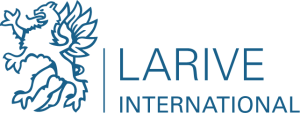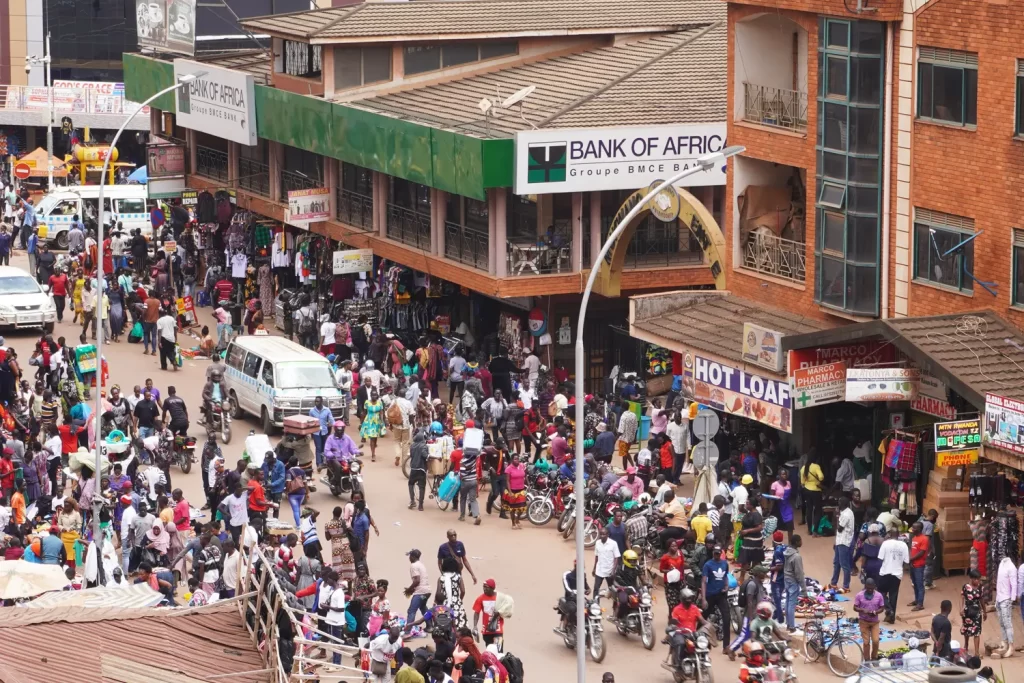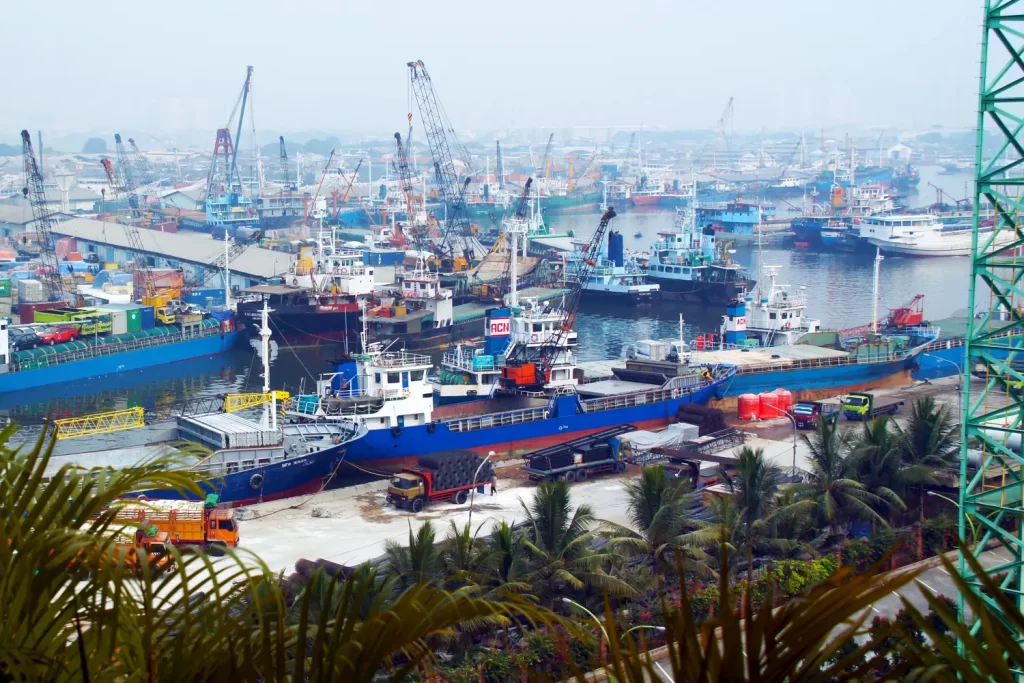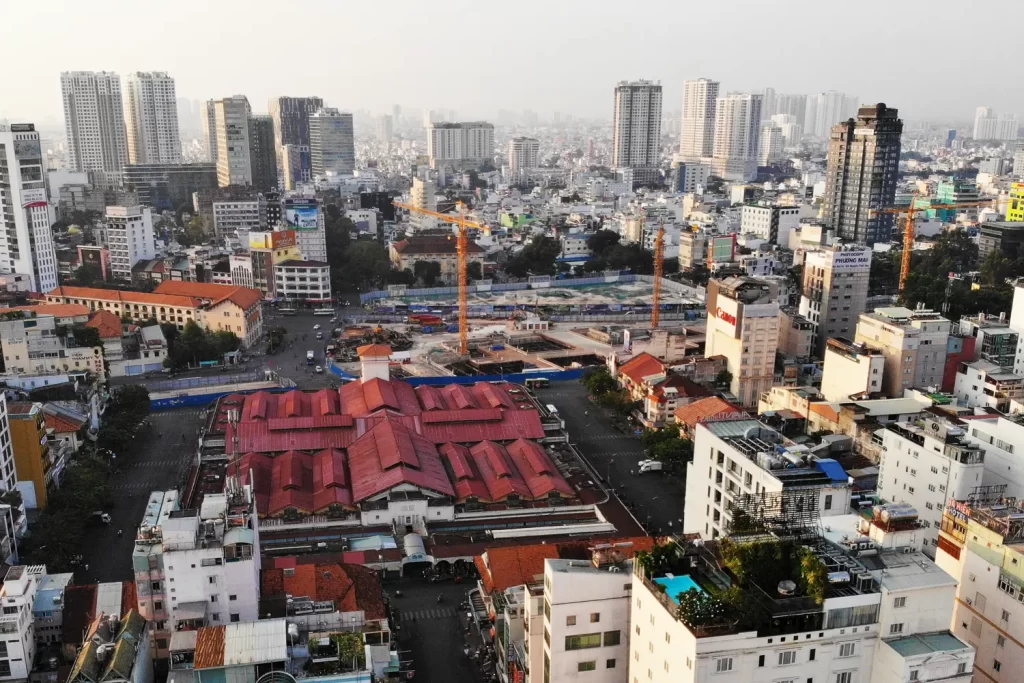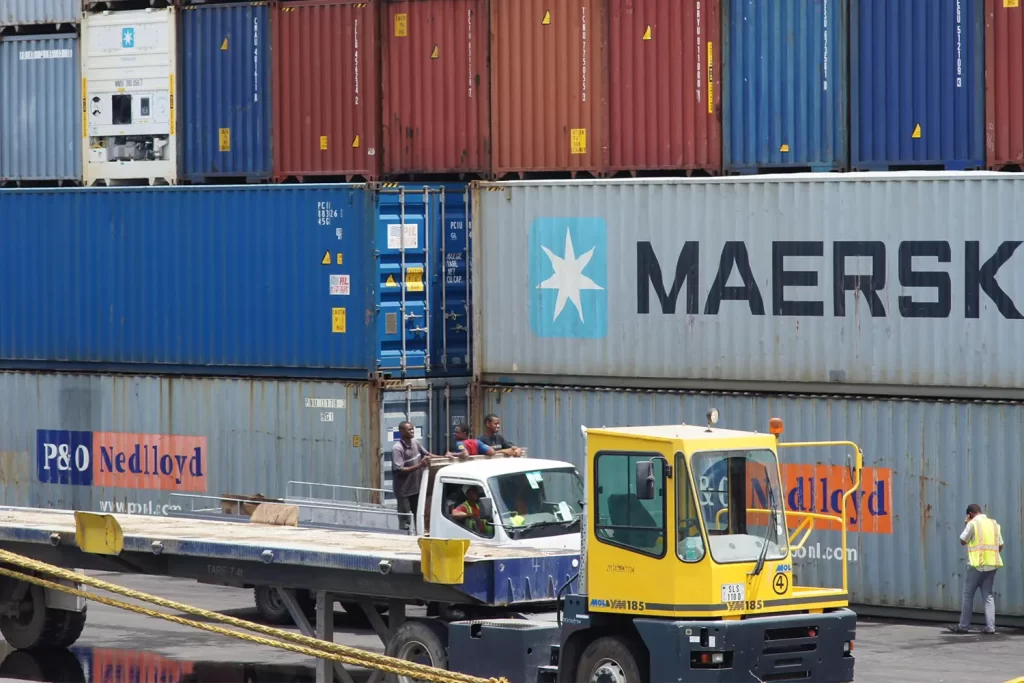Over the past two decades, the role of the private sector in international development has undergone a remarkable transformation. What began in the early 2000s as a dialogue among NGOs and development actors about engaging businesses has since evolved into a structural shift. One that now firmly includes governments, public funders, and financial institutions. Across the development landscape, the private sector is no longer a peripheral stakeholder but a central force in driving sustainable impact.
Today, development finance institutions, multilateral donors such as the World Bank, IFC, and the EU, alongside bilateral agencies like USAID, GIZ, FCDO, and the Dutch RVO, are increasingly mobilising private capital, innovation, and entrepreneurship. They are designing instruments that blend aid with investment, enabling businesses to contribute to—and benefit from—global development objectives.
This shift is now fully embraced by the Dutch government. The 2025 Policy Letter on Development Cooperation (Beleidsbrief Ontwikkelingshulp) marks a pivotal realignment: development cooperation will be strategically tethered to Dutch national interests. With a focus on water management, food security, and health, Dutch businesses are being positioned as key actors in delivering results, both for partner countries and for the Netherlands itself.
From aid to trade | A new development paradigm
This move reflects a broader global trend—from “aid as charity” to “aid for trade.” Where development assistance was once primarily humanitarian in nature, focused on grants and basic services, it is now increasingly viewed as a lever for long-term economic empowerment. Rather than fostering dependency, modern development cooperation supports countries in becoming self-reliant by building infrastructure, professionalising value chains, strengthening institutions, improving trade capacity, and mobilising private investment.
“Aid for trade” recognises that development and economic opportunity go hand in hand. It aligns donor goals with commercial, private sector interests, making aid more impactful, scalable, and politically supported—while increasing the likelihood that impact continues long after external funding ends. For the Netherlands, this means using its comparative advantages not only to support inclusive growth abroad, but also to enhance its own economic resilience and global competitiveness.
A strategic opportunity for Dutch enterprises
The recently introduced Dutch government approach is to development an increasingly integrated development cooperation with economic diplomacy. It aims to:
- Foster new markets in low- and middle-income countries that show potential as future trade partners.
- Stimulate private sector-led growth and job creation through targeted investments.
- Facilitate market access for Dutch SMEs, especially in high-potential sectors like infrastructure, agri-food, logistics, health tech, and water systems.
- Leverage EU-wide initiatives like Global Gateway and unlock EU Delegated Cooperation funds for Dutch actors.
In this new landscape, Dutch companies are not just service providers, they are partners in co-creating solutions to global challenges. But success in these markets requires more than opportunity, it demands a deep understanding of local dynamics, donor expectations, funding mechanisms, strong local partners and policy alignment.
Larive International | The linking factor
This is where Larive International makes the difference.
With almost 50 years of experience supporting Dutch businesses in emerging and frontier markets, Larive is uniquely positioned to guide companies through the intersection of aid, trade, and investment. Acting as both a strategic advisor and implementation partner, Larive helps Dutch enterprises navigate complex environments and align their ambitions with development priorities.
Larive offers:
- Identification of market opportunities that align with Dutch sectoral strengths and local development needs.
- Guidance in the access to co-finance for public-private funds through suitable instruments.
- Development of local partnerships and value chains to ensure long-term relevance and resilience.
- Guidance on regulatory compliance, including EU sustainability and due diligence frameworks (e.g., IMVO).
- Strategic support to compete in international tenders from multilateral donors, UN agencies, and development banks.
By combining commercial expertise with deep development insight, Larive is not just facilitating market entry—it is helping Dutch businesses become drivers of sustainable growth and impact.
From policy to practice
The integration of the private sector into development cooperation is no longer a concept—it is policy. Governments, donors, and institutions are actively investing in business-led solutions to global challenges. The Netherlands is well-positioned to lead in this space, thanks to its innovation capacity, sectoral expertise, and strong development legacy.
But turning policy into practice requires more than intent, it requires execution, knowledge, and the right partners on the ground.
Larive International brings extensive experience in bridging the public and private sectors, supporting Dutch businesses in unlocking global opportunities, co-creating value, and making a meaningful contribution to inclusive and sustainable development.
In bridging the worlds of aid, trade, and investment, Larive ensures the journey from policy to progress becomes a shared mission, uniting stakeholders for sustainable success.
